 |
| Dr. Tran Toan Thang, Head of the International and Integration Policy Department (Institute of Strategy and Economic and Financial Policy, Ministry of Finance ). |
According to Dr. Tran Toan Thang, Head of the Department of International Affairs and Integration Policy (Institute of Strategy and Economic -Financial Policy, Ministry of Finance), the industrialization and modernization process to become a developing country with modern industry requires a great contribution from the foreign direct investment (FDI) sector.
To have a modern industry, industrialization is required. Sir, has the industrialization process in Vietnam been carried out since the beginning of Doi Moi?
Industrialization is the process of transforming the economic structure from agriculture to industry and services, considered the inevitable path for Vietnam to become a developed, high-income country. In fact, Vietnam has carried out industrialization since before the Doi Moi period with the priority orientation of developing heavy industry.
After 1986, especially from 2001 to present, along with the process of deep integration into the world economy, our country's industrialization process has achieved many successes, however, it still has not achieved the basic goal of becoming an industrialized country by 2020.
In the new era, Vietnam's industrialization orientation has been set out in Resolution 29/NQ-TW in 2022. The goals and viewpoints on industrialization of Resolution 29/NQ-TW will be studied to be included in the Draft Documents of the 14th Party Congress with the main content being the fundamental and comprehensive transformation of the economy and social life, based mainly on the development of industry and services on the basis of science - technology and innovation.
Despite remarkable progress in socio-economic growth and industrialization, do you think that in the coming period, FDI capital is still needed to promote the industrialization process?
In 2019, the Politburo issued Resolution 50-NQ/TW on orientations for perfecting institutions and policies, improving the quality and effectiveness of foreign investment cooperation by 2030. Resolution 50-NQ/TW stated that foreign investment activities are increasingly vibrant, with many multinational corporations and large enterprises with modern technology investing in our country; the scale of capital and quality of projects are increasing, contributing to creating jobs and income for workers; improving qualifications and production capacity; promoting economic restructuring and innovating the growth model.
After 6 years of implementing Resolution 50/NQ-TW, the Ministry of Finance has assigned the Institute of Economic and Financial Strategy and Policy to conduct an initial assessment of how FDI contributes to industrialization in Vietnam. According to our assessment, the picture of FDI in Vietnam has witnessed a very positive shift.
Specifically, the period 2010 - 2024 witnessed a shift of capital from labor-intensive industries to high technology. The proportion of the electronics industry increased from 4.1% (2010) to 17.8% (2024); FDI capital flows focused heavily on the processing and manufacturing industry - the backbone of industrialization.
In 2024, the processing and manufacturing industry will attract 24.68 billion USD of newly registered and increased FDI capital, accounting for 73.3% of total FDI capital; realized FDI capital will reach 20.62 billion USD, accounting for 81.4%. In the first 7 months of this year, the processing and manufacturing industry will attract 12.12 billion USD, accounting for 60.6% of total newly registered and increased capital; realized capital will reach 11.1 billion USD, accounting for 81.6%.
The above data shows that, to accelerate the industrialization process and achieve the goal by 2030, Vietnam will basically meet the criteria of an industrialized country, a developing country with modern industry, and still need to rely on resources from the FDI sector.
Private enterprises are growing and FDI capital flows will change when the US implements reciprocal taxes, sir?
Resolution 68/NQ-TW on private economic development has placed the private economy as the most important driving force of the national economy, contributing greatly to growth, job creation and innovation. This is the right view because no economy wants to develop without self-reliance and autonomy. However, in the world, any economy, including the United States, China, Japan, the EU, Singapore..., does not want FDI. In fact, most countries in the world have implemented preferential mechanisms and policies to attract FDI capital.
For economies in the process of industrialization like Vietnam, FDI capital is even more significant. It must be affirmed that the FDI sector has played a very important role in the economic and social development of Vietnam over the past 40 years. FDI capital is an essential resource, bringing not only capital, but also advanced technology, management experience, job opportunities and expanding export markets, helping Vietnam to participate more deeply in the global value chain.
Vietnam is gradually becoming one of the important destinations for investors in ASEAN. Even when global capital flows are affected, FDI flows into Vietnam still maintain a relatively high growth rate. For example, in 2023, when global capital flows decreased by about 10%, Vietnam still achieved a record of attracting 36 billion USD in registered capital and 25.5 billion USD in implemented capital, up 3.5%.
Every country is "thirsty" for FDI, but unlike other countries, FDI investment in Vietnam is not closely linked and interacts with private enterprises, the spillover effect on productivity and technology is not high, the localization rate is still low...?
This is a reality, but I think, FDI cannot be blamed, because the main reason is that domestic enterprises do not meet the requirements of their partners. FDI focuses mainly on the processing and manufacturing sector, so they need very large suppliers of spare parts and machinery parts. To invest in the supporting industry, creating products that are inputs for Samsung, LG, Foxconn..., requires a huge amount of capital, requires high technology, and has a long capital recovery. This is not a "favorite dish" of domestic enterprises, but the "favorite dishes" of domestic enterprises are real estate, securities, services, trade, banking...
Many FDI enterprises want to buy equipment, machinery parts, and spare parts from domestic enterprises, but cannot buy them, or buy them at a higher price than imported ones. It is not to blame that FDI does not transfer technology and has a low localization rate. If domestic enterprises want a high localization rate, they are the link in the global production chain. They must grow by themselves and meet the requirements of FDI. There is no other way.
Is it possible to use administrative orders to "force" FDI to transfer technology, sir?
It is true that some countries can do that, such as China. China can force FDI to transfer technology because they are the second largest economy in the world, the world's factory, a huge market with 1.4 billion people, an economy reaching a development milestone, domestic enterprises are capable of meeting the requirements of FDI. China needs FDI, as FDI needs China, so they can negotiate FDI to transfer technology to domestic enterprises.
Vietnam has joined 17 free trade agreements (FTAs). The agreements clearly stipulate intellectual property protection and equal treatment. Vietnam does not have regulations requiring domestic enterprises to transfer technology to each other, so there is no reason to require FDI to transfer technology to domestic enterprises.
Source: https://baodautu.vn/cong-nghiep-hoa-hien-dai-hoa-can-su-dong-gop-rat-lon-cua-khu-vuc-fdi-d359475.html



![[Photo] General Secretary attends the parade to celebrate the 80th anniversary of the founding of the Korean Workers' Party](https://vphoto.vietnam.vn/thumb/1200x675/vietnam/resource/IMAGE/2025/10/11/1760150039564_vna-potal-tong-bi-thu-du-le-duyet-binh-ky-niem-80-nam-thanh-lap-dang-lao-dong-trieu-tien-8331994-jpg.webp)


![[Photo] Opening of the World Cultural Festival in Hanoi](https://vphoto.vietnam.vn/thumb/1200x675/vietnam/resource/IMAGE/2025/10/10/1760113426728_ndo_br_lehoi-khaimac-jpg.webp)
![[Photo] Ho Chi Minh City is brilliant with flags and flowers on the eve of the 1st Party Congress, term 2025-2030](https://vphoto.vietnam.vn/thumb/1200x675/vietnam/resource/IMAGE/2025/10/10/1760102923219_ndo_br_thiet-ke-chua-co-ten-43-png.webp)




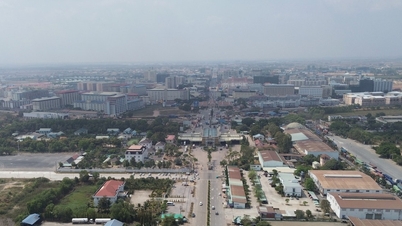

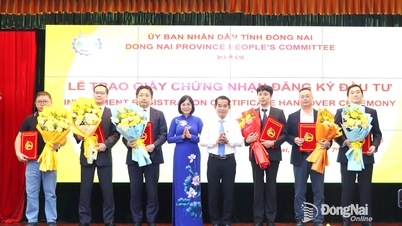

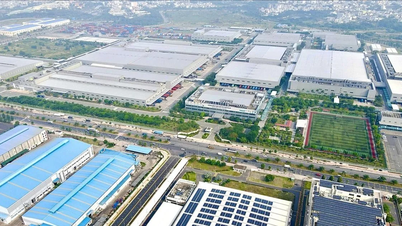







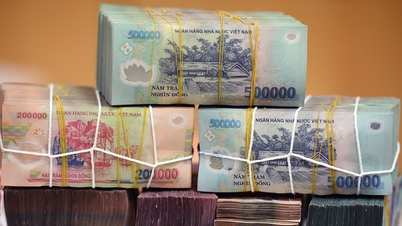

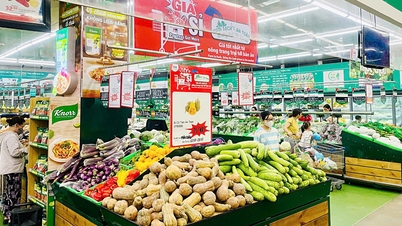
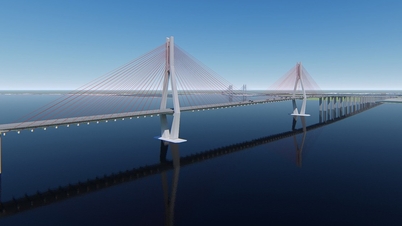






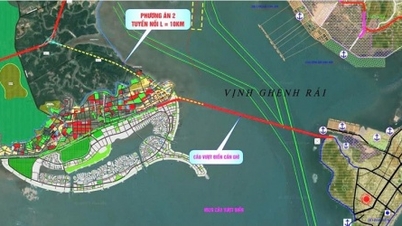









































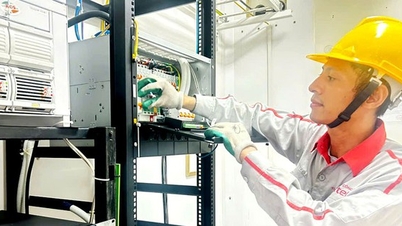

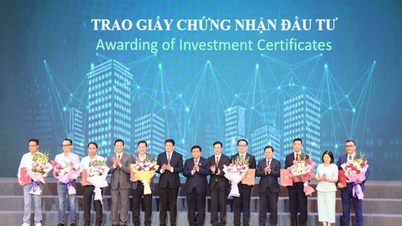
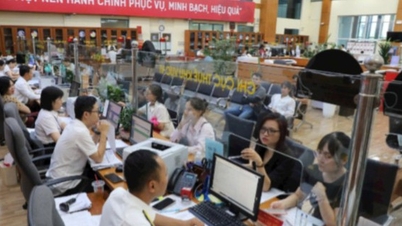
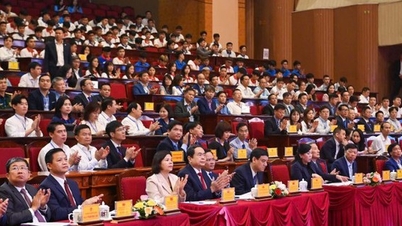
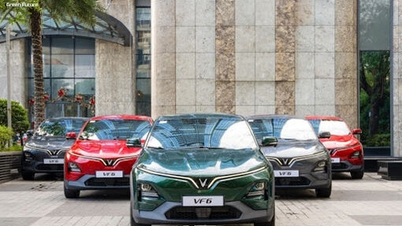

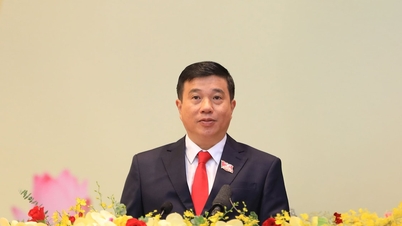





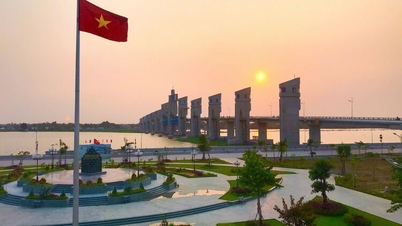

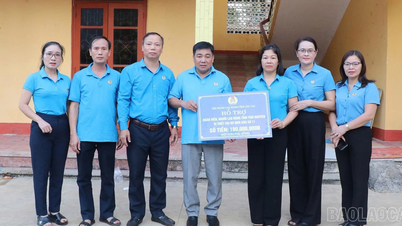














Comment (0)